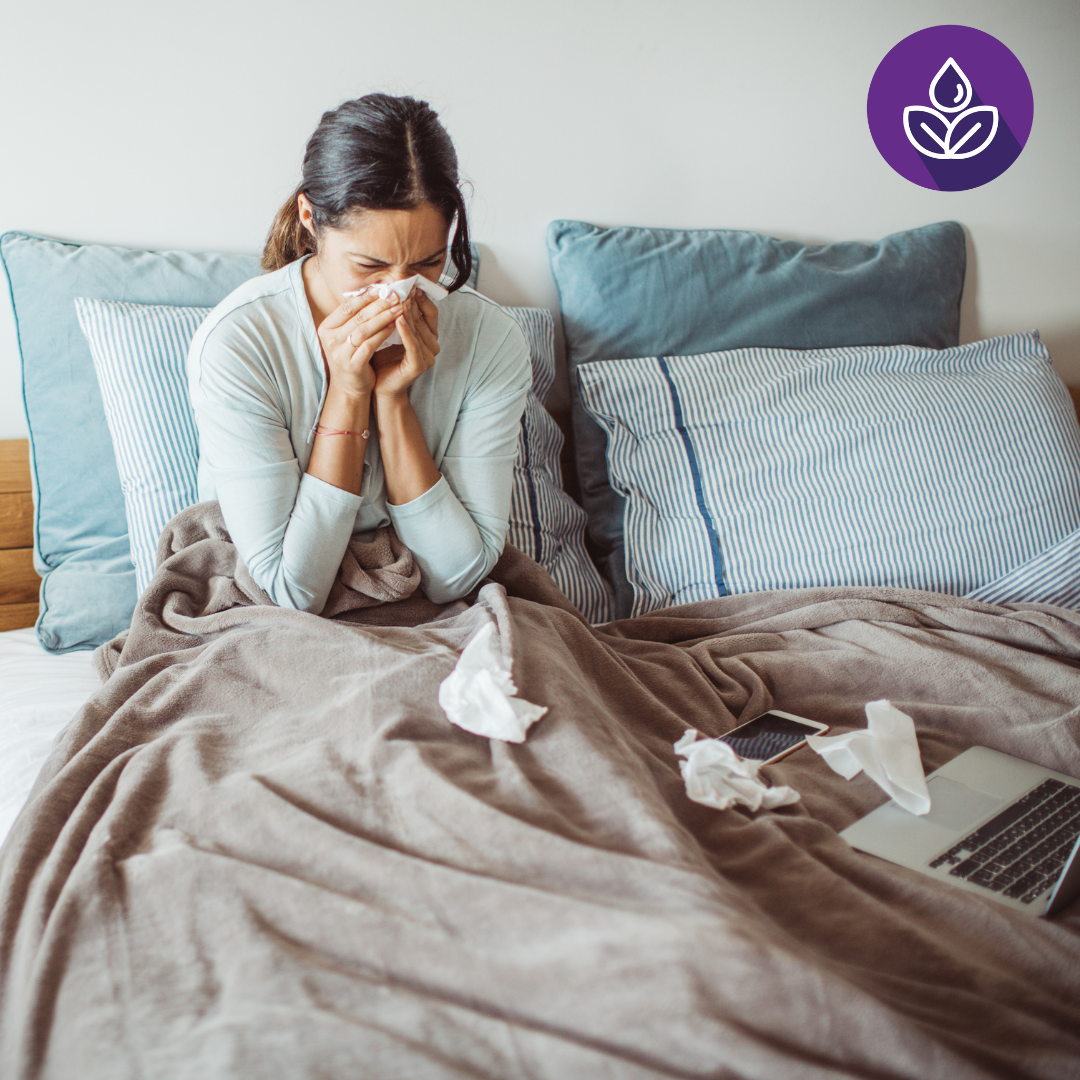Staying Well During Cold and Flu Season
As the colder months roll in, so does the peak season for colds, flu, and other illnesses that seem to spread through campus faster than a study group’s group chat! Taking a moment to understand how best to handle cold and flu season – including staying home if you're unwell – can help keep our community healthier and happier.
Tips for Staying Healthy This Season
While it’s impossible to avoid every cold or flu, you can adopt some simple practices to keep yourself and others healthy:
- Covering coughs and sneezing
- Avoid touching your eyes, nose, and mouth
- Wash your hands often
- Stay home if you are feeling unwell
- Practice other healthy habits:
- Avoid close contact with people who are sick
- Get plenty of sleep
- Eat well, with lots of vegetables and fruits
- Drink lots of fluids
- Exercise regularly
- Manage your stress
Get Vaccinated
One of the best ways to protect yourself and those around you this season is to get the flu shot and the latest COVID-19 vaccine. Vaccinations are essential tools in reducing the spread of these viruses and in lowering the severity of symptoms if you do get sick. Stay tuned for flu shot clinics at Student Health and Wellness or visit a local pharmacy to take advantage of this extra layer of defense!
When to Stay Home
Sometimes staying home is key to giving your body time to rest and recover. If you have symptoms like a fever, cough, sore throat, or body aches, it’s best to rest at home. By avoiding class or group activities, you reduce the chance of spreading illness to others who could be more vulnerable to severe symptoms.
If you’re worried about how missing class will impact your grades or progress, remember that your professors and GAs are here to help and can help you navigate deadlines or missed assignments. Just make sure to reach out as soon as possible and refer to the Missed or Late Academic Term Work due to Illness or Other Extenuating Circumstance for more specific guidance on the next steps.
When to See a Doctor
In most cases, you don’t need to see your doctor when you have a cold or flu. There is no cure for the common cold. All you can do to feel better is treat the symptoms while your body fights off the virus. For the flu, your doctor will probably recommend that you treat the symptoms until you feel better. Over-the-counter medicines cannot cure a cold or the flu but can help relieve cold or flu symptoms.
See a medical provider if:
You have a fever of 38.5°C for more than 48 hours
You have chest pain, shortness of breath
You have had coughing spells or coloured sputum
If you have a persistent sore throat or swollen glands and neck
These are guidelines only. If for any other reason you feel that further attention is necessary, make an appointment with your healthcare provider.
Together, let’s make this cold and flu season as manageable as possible for everyone. By looking out for each other and ourselves, we can keep our campus strong, healthy, and supportive!
Lindsey Wachter, R.Kin, Health Promoter




